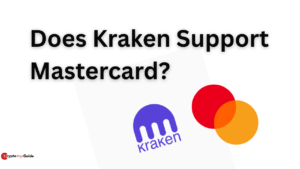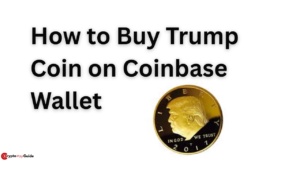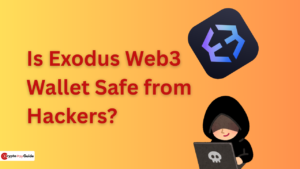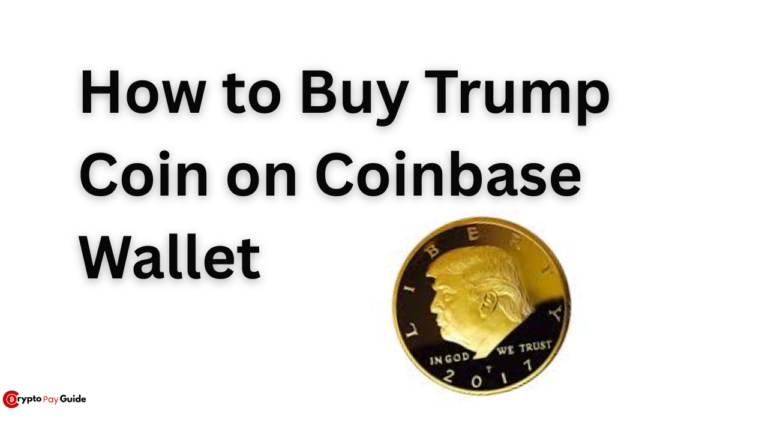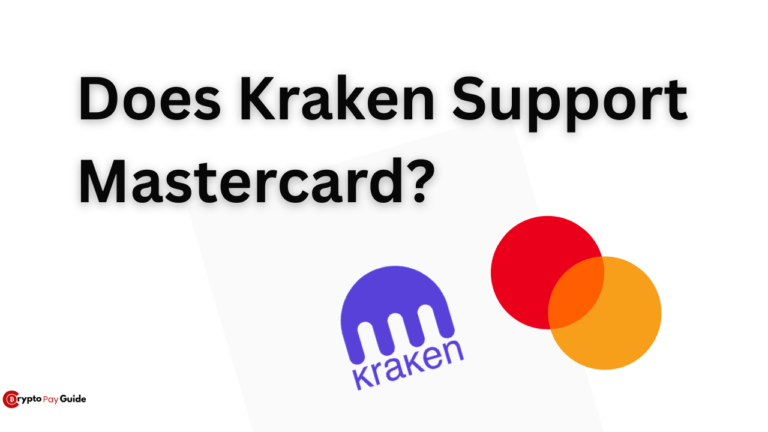In 2025, digital wallets are more critical than ever for managing cryptocurrencies, DeFi applications, and NFTs. Among the many options available, the Exodus Web3 Wallet stands out for its user-friendly design and multi-asset support. But with the rise of cybercrime in the crypto space, one question remains: Is the Exodus Web3 Wallet safe from hackers?
This article provides a comprehensive look at Exodus Wallet’s security features, its strengths and limitations, and actionable tips to safeguard your assets.
What Is the Exodus Web3 Wallet?
The Exodus Web3 Wallet is a non-custodial wallet designed for storing, managing, staking, and swapping cryptocurrencies.
It also allows users to interact with decentralized applications (dApps) via its built-in Web3 browser.
Also read – Top 10 Free Crypto Wallets for Beginners (2025 Guide)
Key Features of the Exodus Wallet:
- Non-Custodial Design: Users retain full control over their private keys.
- Local Storage: Private keys and recovery phrases are stored locally on your device.
- Multi-Asset Support: Compatible with over 260 cryptocurrencies across multiple blockchains.
- Web3 Integration: Seamless interaction with DeFi protocols and dApps.
Since your private keys are never stored on Exodus servers, even if the company is hacked, your funds remain secure unless your personal device is compromised.
How Does Exodus Web3 Wallet Safe from Hackers?

Exodus employs several robust measures to safeguard your private keys:
- Local Encryption: Private keys are generated and stored locally on your device, never uploaded online.
- Strong Cryptographic Standards: Sensitive data, including your 12-word recovery phrase, is encrypted to prevent unauthorized access.
- User-Controlled Access: Only you can access your private keys using your wallet password.
To maximize security, always store your recovery phrase offline and never share it with anyone or input it into unverified websites or apps.
Security Features of the Exodus Wallet
Exodus offers a range of built-in features to enhance wallet security:
| Feature | Description |
|---|---|
| Encrypted Local Storage | All sensitive data is encrypted on your device to prevent unauthorized access. |
| Biometric Authentication | Fingerprint or facial recognition for secure access on mobile devices. |
| Password Protection | A password is required to send funds from the wallet. |
| Hardware Wallet Integration | Compatible with Trezor devices for offline key storage. |
| Regular Software Updates | Frequent updates ensure vulnerabilities are patched promptly. |
| Phishing Awareness Alerts | Warnings about phishing scams educate users on avoiding fraud. |
While Exodus doesn’t support traditional two-factor authentication (2FA), its integration with hardware wallets like Trezor provides an equivalent or even superior level of security.
Has the Exodus Web3 Wallet Ever Been Hacked?
As of 2025, there have been no major hacks targeting the Exodus platform itself. However, individual users can still fall victim to phishing scams or malware if they don’t follow best practices for wallet security.
Key Takeaway
Most crypto thefts occur due to user-side errors like sharing recovery phrases or falling for phishing attacks, rather than vulnerabilities in wallet software.
How to Maximize Security for Your Exodus Wallet from Hackers
To keep your assets safe, follow these actionable tips:
- Protect Your Recovery Phrase
- Write it down and store it securely offline (e.g., in a safe).
- Never share it with anyone or input it into suspicious websites or apps.
- Use a Strong Password
- Create a unique and complex password for accessing your wallet.
- Enable Biometric Authentication
- Activate fingerprint or facial recognition on mobile devices for added security.
- Pair with a Hardware Wallet
- Integrate a Trezor hardware wallet to keep private keys offline entirely.
- Download Only from Official Sources
- Always download Exodus from its official website or app stores to avoid malicious versions.
- Keep Your Software Updated
- Ensure you’re running the latest version of the wallet to benefit from security patches.
- Avoid Public Wi-Fi Networks
- Use secure networks only when accessing your wallet to minimize risks of interception.
Does Exodus Support Two-Factor Authentication (2FA)?
Currently, Exodus does not support traditional 2FA methods like SMS codes or Google Authenticator due to its focus on privacy and decentralization. However:
- Pairing Exodus with a Trezor hardware wallet provides superior protection by requiring physical confirmation for transactions.
What Should You Do If Your Wallet Is Compromised?
If you suspect unauthorized access to your wallet:
- Immediately transfer funds to a new wallet using your recovery phrase on a trusted device.
- Change all associated passwords.
- Scan your device for malware or spyware.
- Contact Exodus support for guidance and report the incident.
Note: Exodus will never ask for your private keys or recovery phrase under any circumstances.
How Does Exodus Handle Phishing Attempts?
Exodus actively protects users from phishing scams through:
- In-App Alerts: Warnings about suspicious websites or dApps.
- Educational Resources: Guides on recognizing fraudulent emails and links.
- Database of Known Scams: A list of impersonators helps users verify authenticity.
To further protect yourself, always double-check URLs before entering sensitive information.
Can You Use Hardware Wallets with Exodus?
Yes! One of Exodus’s standout features is its integration with Trezor hardware wallets:
- Private keys remain offline on the Trezor device.
- Transactions are signed securely without exposing sensitive data online.
This combination offers maximum security while maintaining an intuitive user experience.
FAQs
Yes, when used responsibly, it’s considered secure due to local key storage and encryption standards.
Private keys are encrypted and stored locally, never uploaded online or shared with servers.
No major hacks have been reported; most breaches result from user-side errors like phishing scams.
Yes, you can pair Trezor devices with Exodus for enhanced security.
Unfortunately, blockchain transactions are irreversible.

